Optimal Timing for Foundation Repairs
Foundation repairs are most effective when performed during periods of stable weather conditions. Dry seasons with minimal rainfall reduce the risk of water infiltration and soil movement that can exacerbate foundation issues. Conversely, repairing during extreme cold or hot weather can pose challenges due to soil contraction or expansion, which may affect the stability of the repair work.
Timing repairs during mild, consistent weather helps ensure proper curing of materials and better adhesion of repair products. It also minimizes delays caused by rain or temperature fluctuations, leading to more durable and long-lasting results.
Spring and fall are generally considered the best times for foundation repairs due to moderate temperatures and lower precipitation levels.
Postponing foundation repairs can lead to worsening damage, increased repair costs, and potential structural safety concerns.
Cracks in walls, uneven floors, and sticking doors are common signs that foundation repairs should be addressed promptly.
Soil type and moisture levels significantly influence the timing of repairs, with expansive clay soils requiring attention during dry periods.
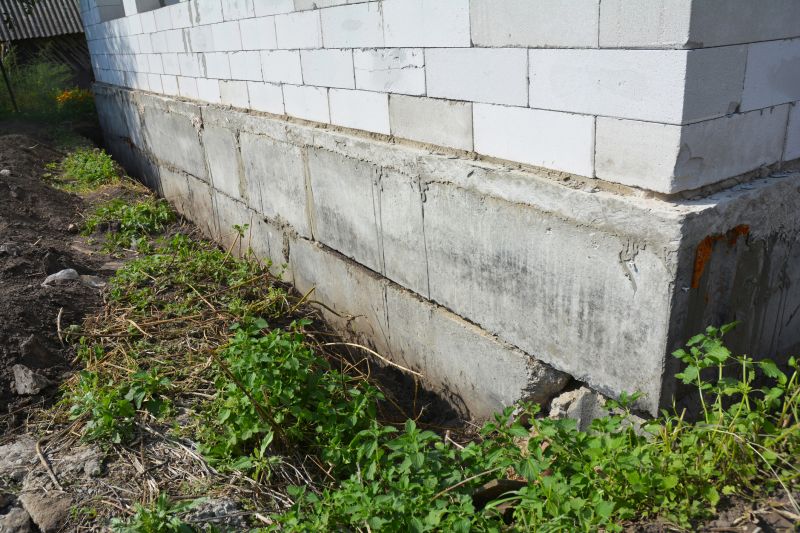
A thorough assessment of foundation condition helps determine the best timing for repairs.
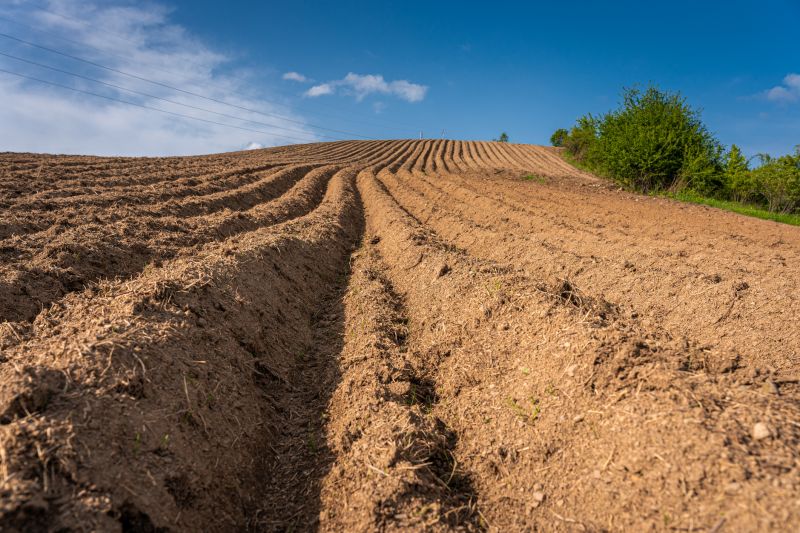
Preparing soil conditions prior to repair enhances stability and durability.
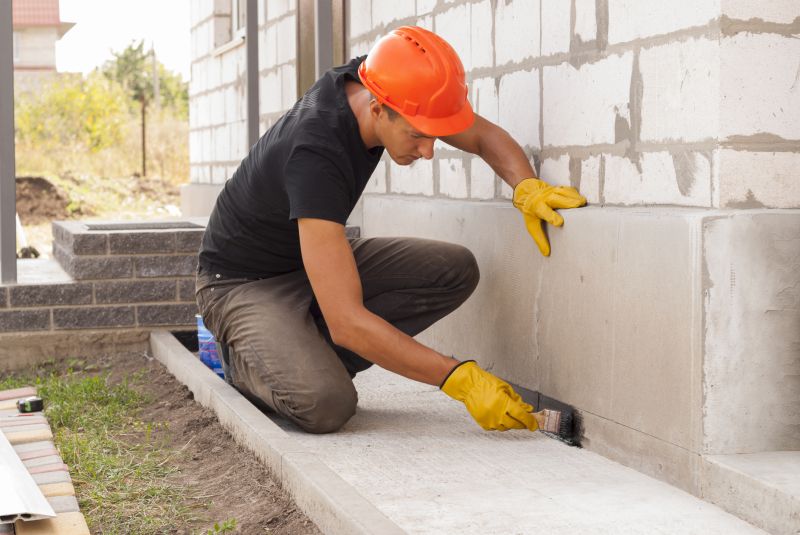
Ideal conditions for foundation work during dry periods ensure better results.
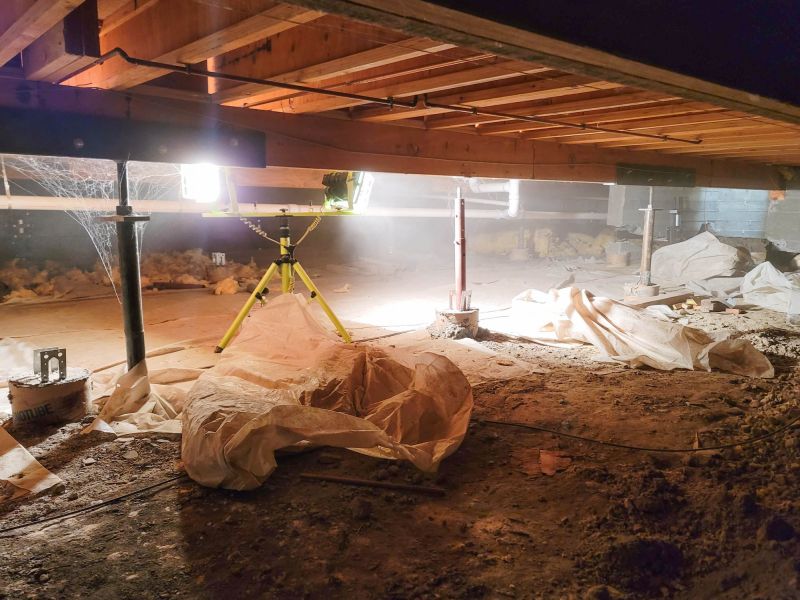
Ways to make Foundation Repairs work in tight or awkward layouts.
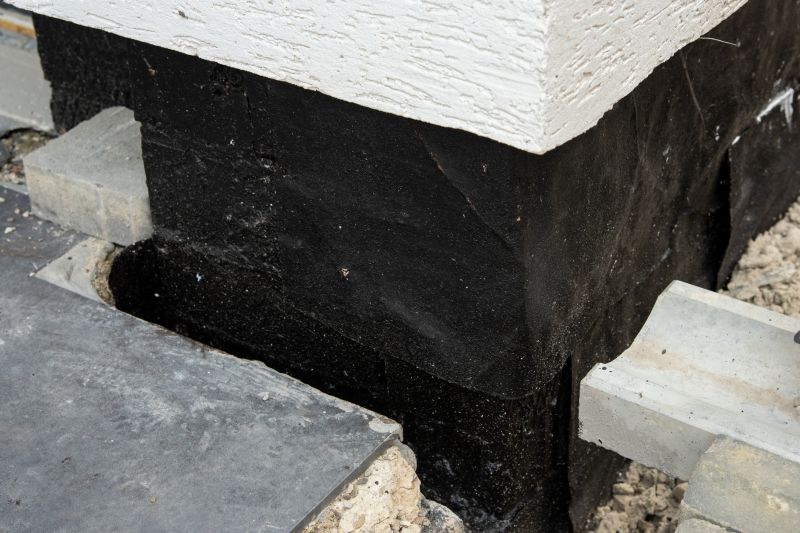
Popular materials for Foundation Repairs and why they hold up over time.
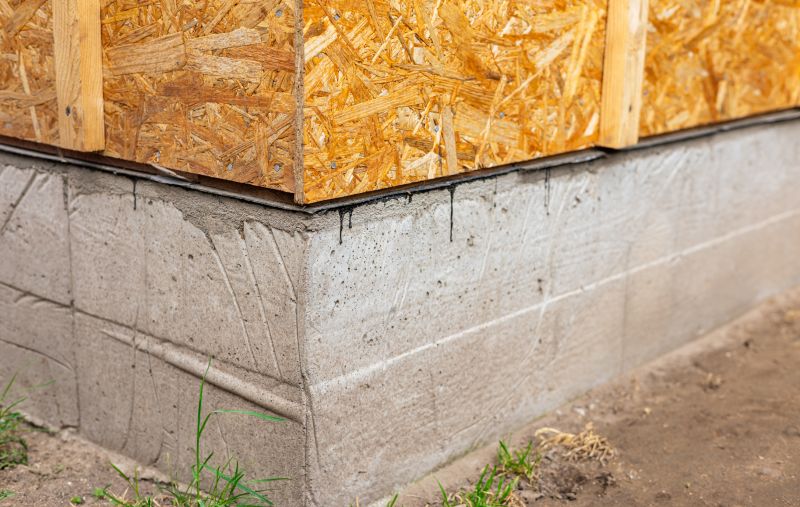
Simple add-ons that improve Foundation Repairs without blowing the budget.
| Season | Ideal for Repairs |
|---|---|
| Spring | Yes |
| Summer | Conditional (avoid extreme heat) |
| Fall | Yes |
| Winter | No (cold and frozen ground) |
Foundation repairs are a critical aspect of maintaining structural integrity in residential and commercial properties. Proper timing ensures that repairs are effective and long-lasting. Weather conditions, soil moisture levels, and soil type all influence the optimal period for conducting foundation work. Addressing issues promptly can prevent further damage, reduce repair costs, and maintain property value. Regular inspections and expert assessments are recommended to determine the best window for repairs based on current conditions.
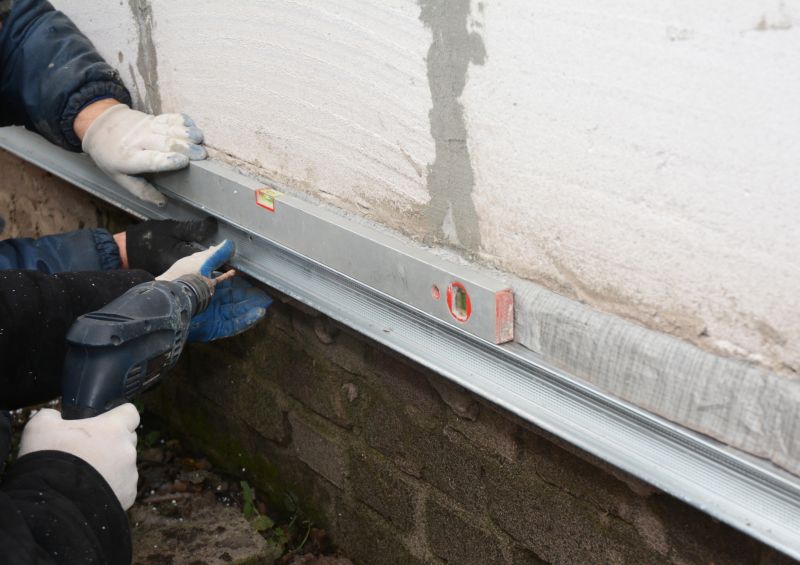
Visual of foundation stabilization techniques.
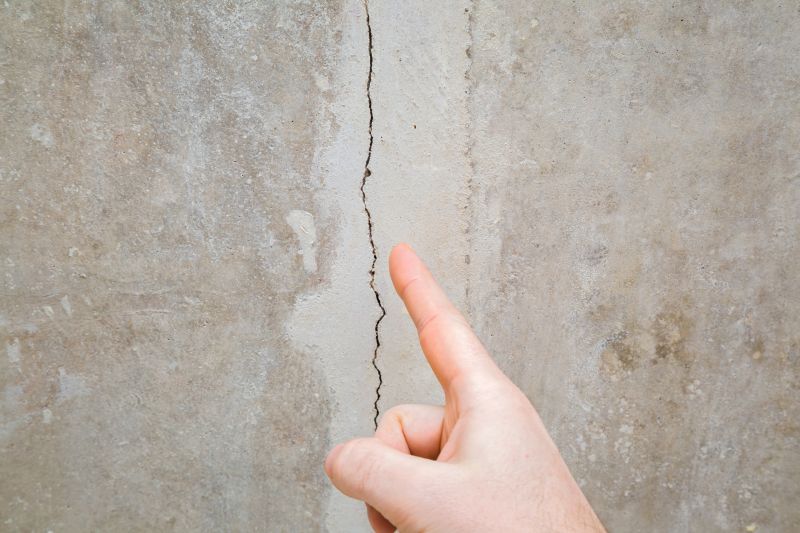
Common sign indicating foundation issues.
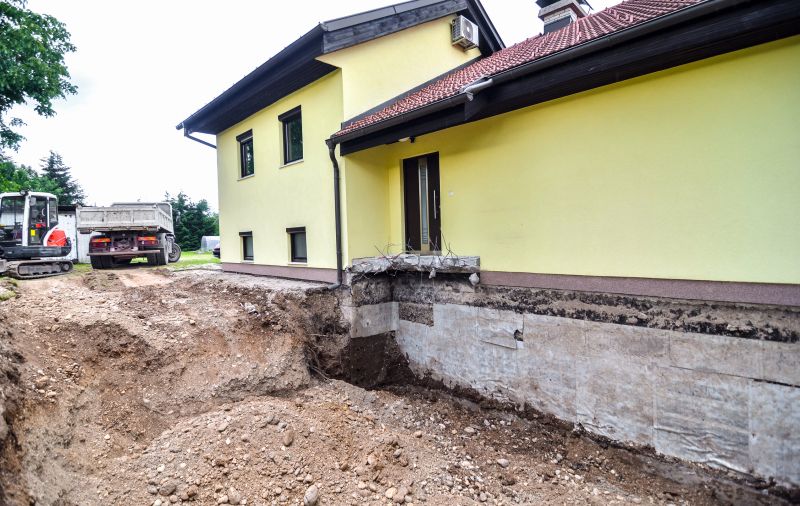
Assessing soil conditions before repairs.
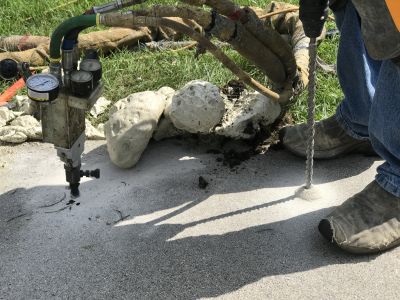
Tools and machinery used in foundation work.
Interested property owners in Dickson, TN, can consider scheduling foundation assessments to determine the most suitable time for repairs. Proper planning and expert guidance contribute to effective solutions that preserve structural integrity and property value over time.




